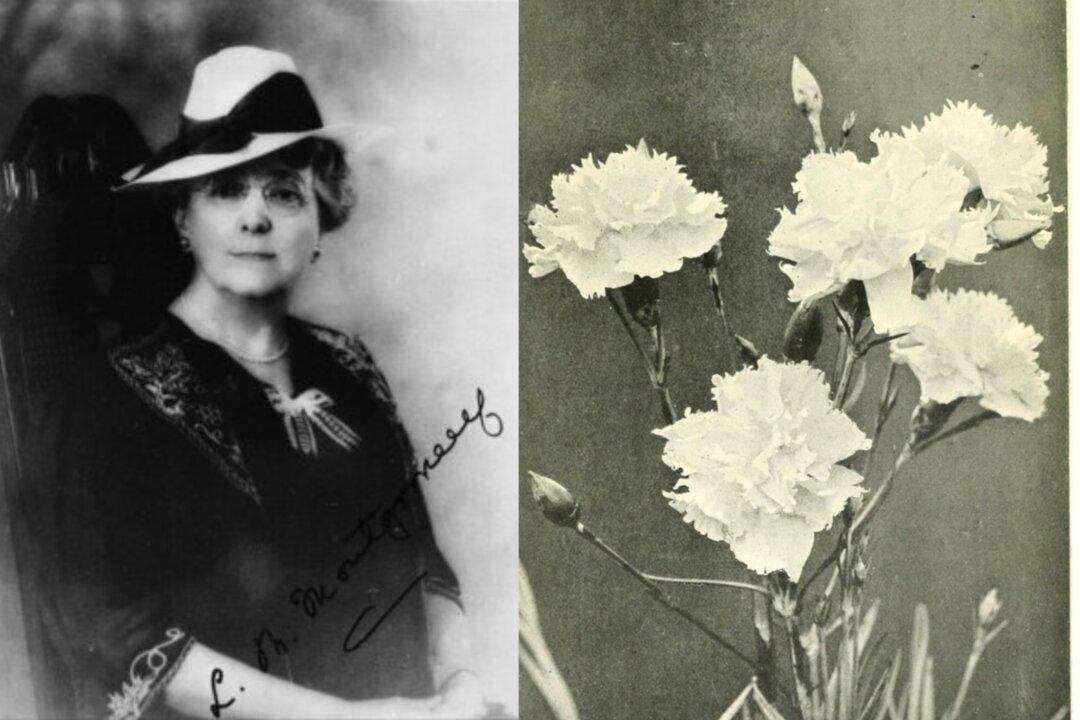“Each according to the dictates of his own conscience.” This phrase, attributed to George Washington, illuminates the top of Norman Rockwell’s painting “Freedom of Worship,” which shows eight people praying. These individuals show their own form of worship, whether it is pensive, thankful, patient, sad, petitioning, or filled with wonder. Some look upward, others bow their heads, while others firmly shut their eyes. And despite the difficulties, fatigue, and sadness that show on the faces, overall a sense of hope remains.
The Saturday Evening Post commissioned author Will Durant in 1943 to write an essay to accompany Rockwell’s painting “Freedom of Worship.” In his short essay, also titled “Freedom of Worship,” Durant highlights the true value of this freedom by contemplating the little white church that he passes by on his walks.






